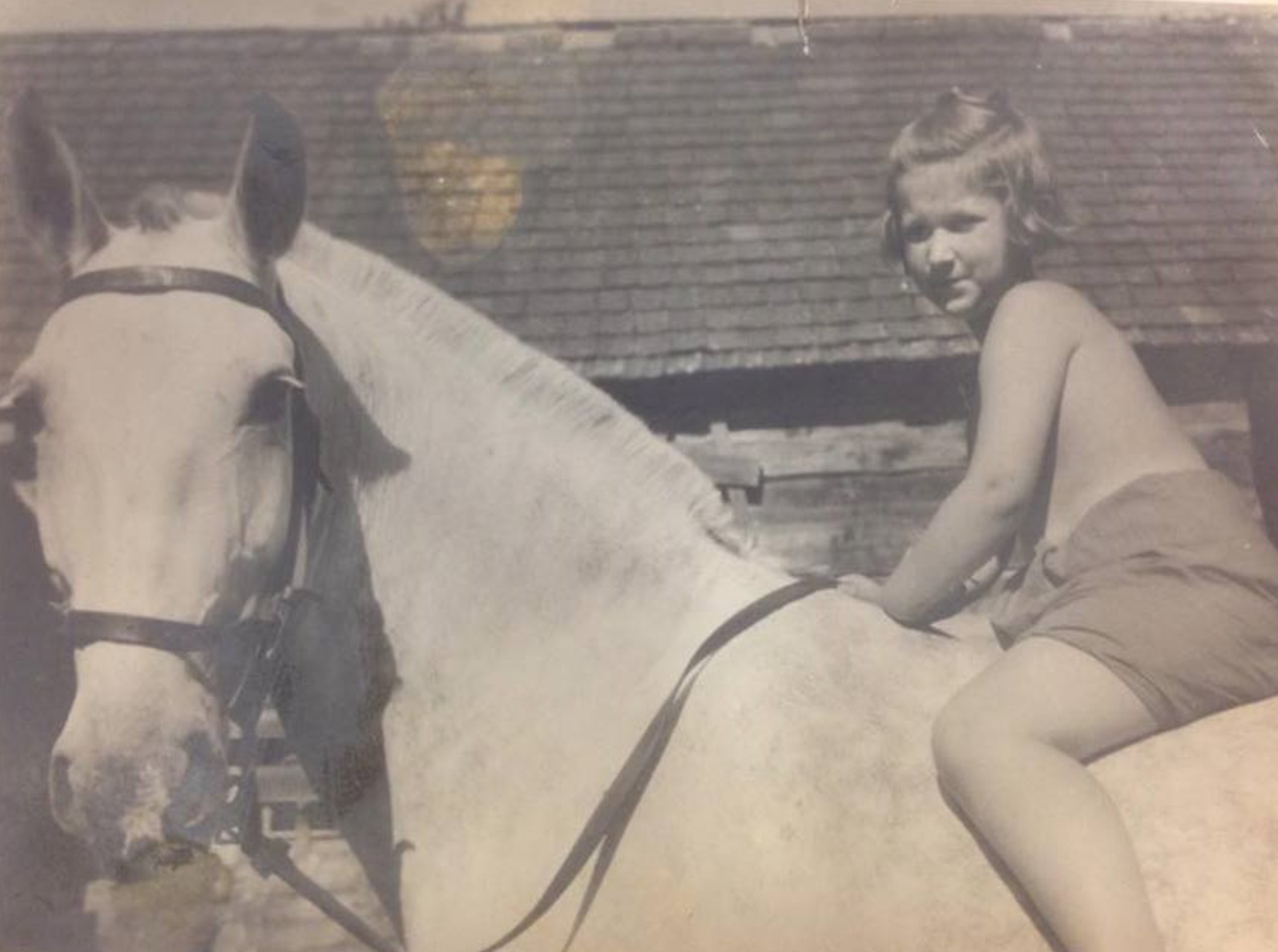When I came to a shop in Germany, they immediately started shouting at me: Ausländer!

Stáhnout obrázek
Alena Thinius, née Roubíková, was born on 20 March 1935. Her father was a tradesman and owned a small pub in Prague. Because of her background, Alena Thinius had trouble being admitted to grammar school and then university. She did not even apply to medical school out of fear, but was eventually accepted to the University of Chemical Technology and graduated in plastics. She was one of Prof. Wichterle‘s last students before his dismissal. She taught at a grammar school and later worked in a biochemical laboratory, at the office of occupational safety and at the hydrometeorological institute, where she published scientific articles. At the Czech Technical University she studied automation and control as a postgraduate student. In the 1980s she married in Germany and had to give up all her possessions before leaving. After a few years, she divorced and decided to return to Czechoslovakia, but she was able to do so only after many difficulties. For the following years she had to live in poor conditions in small rooms without sanitary facilities or in garages. She gradually returned to her profession and publishing. In 2016 she was living in Prague.






